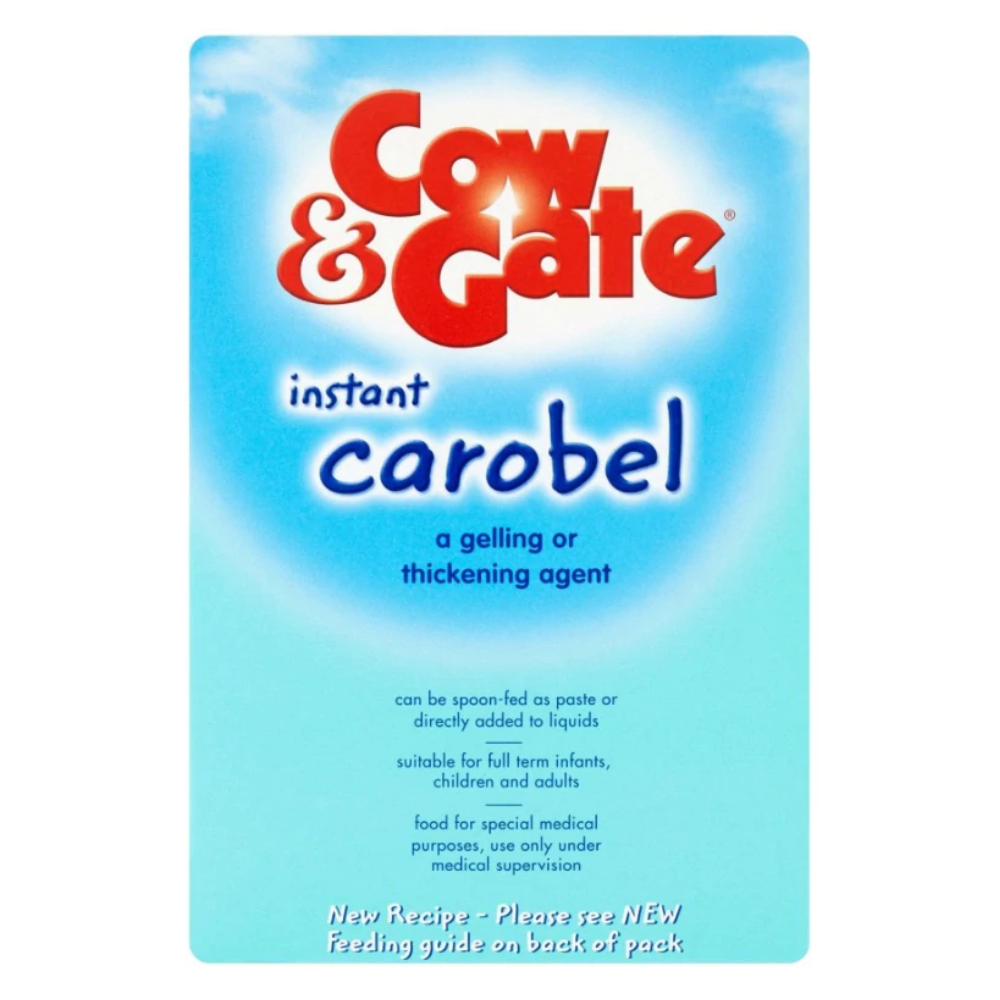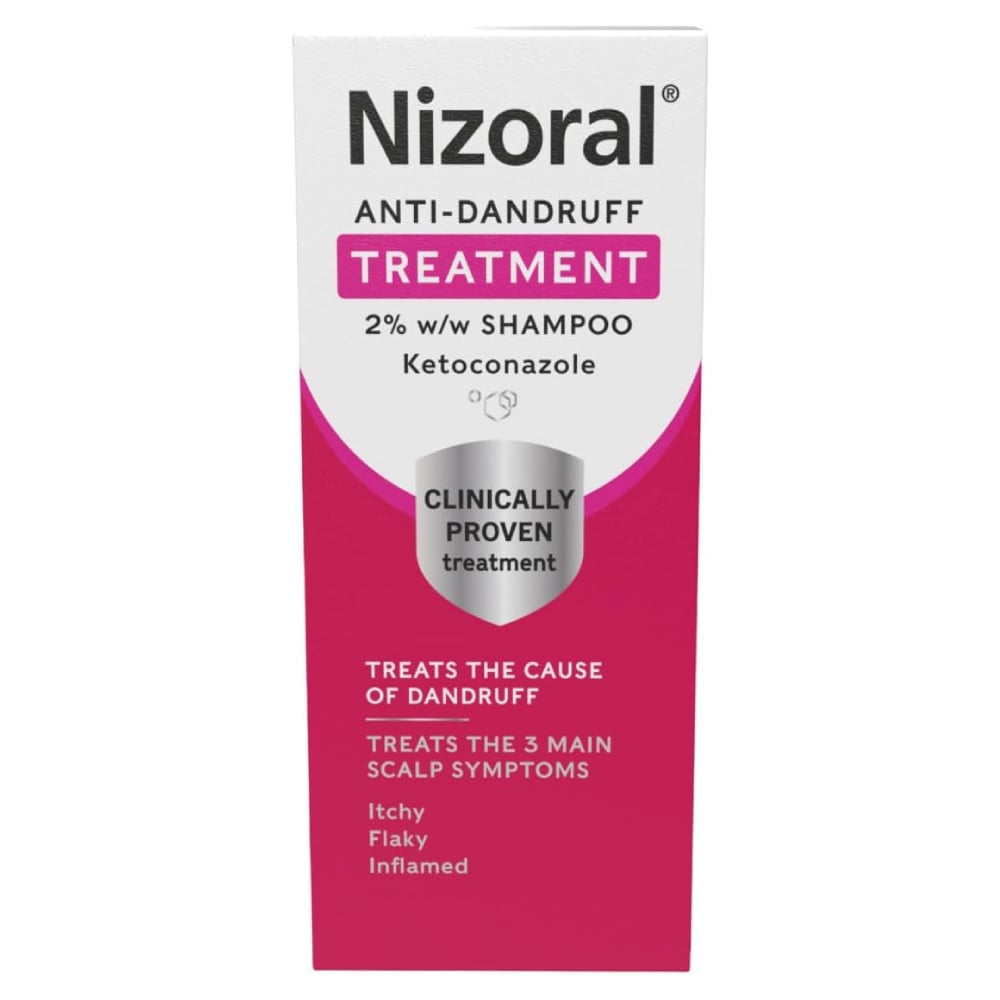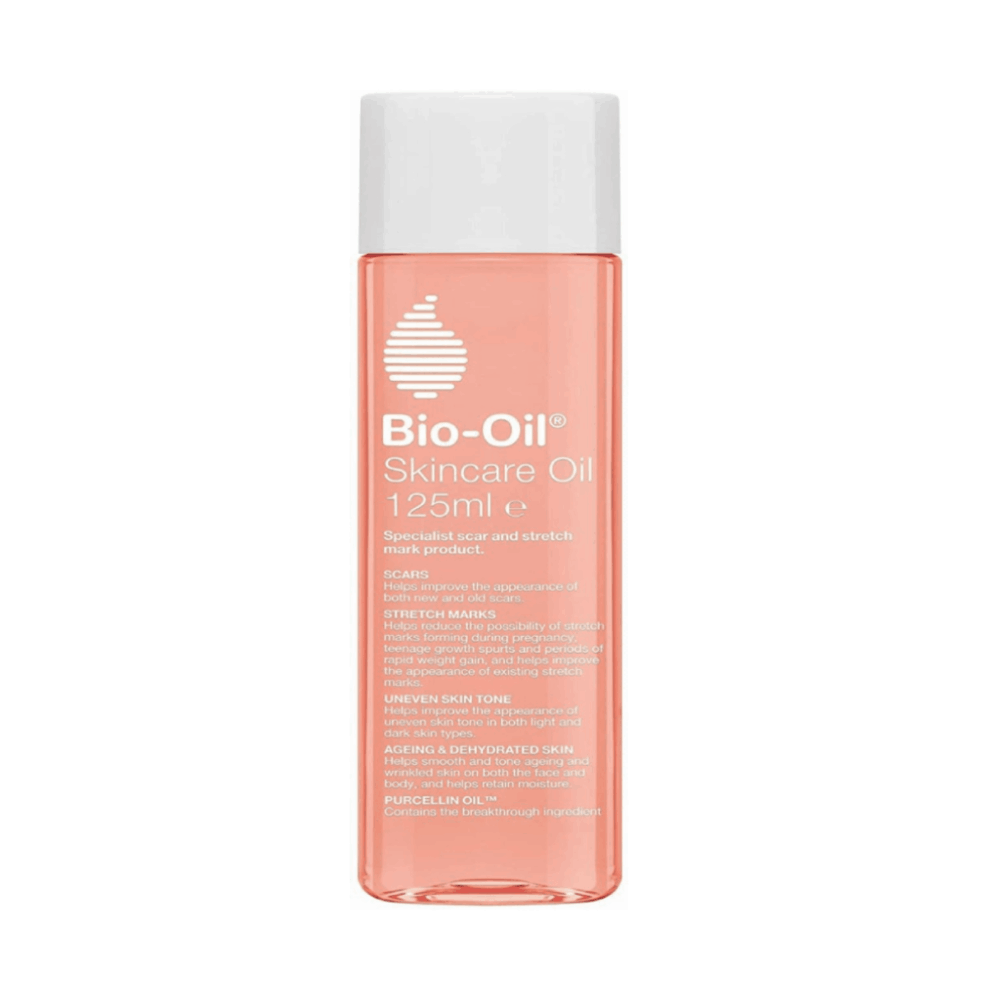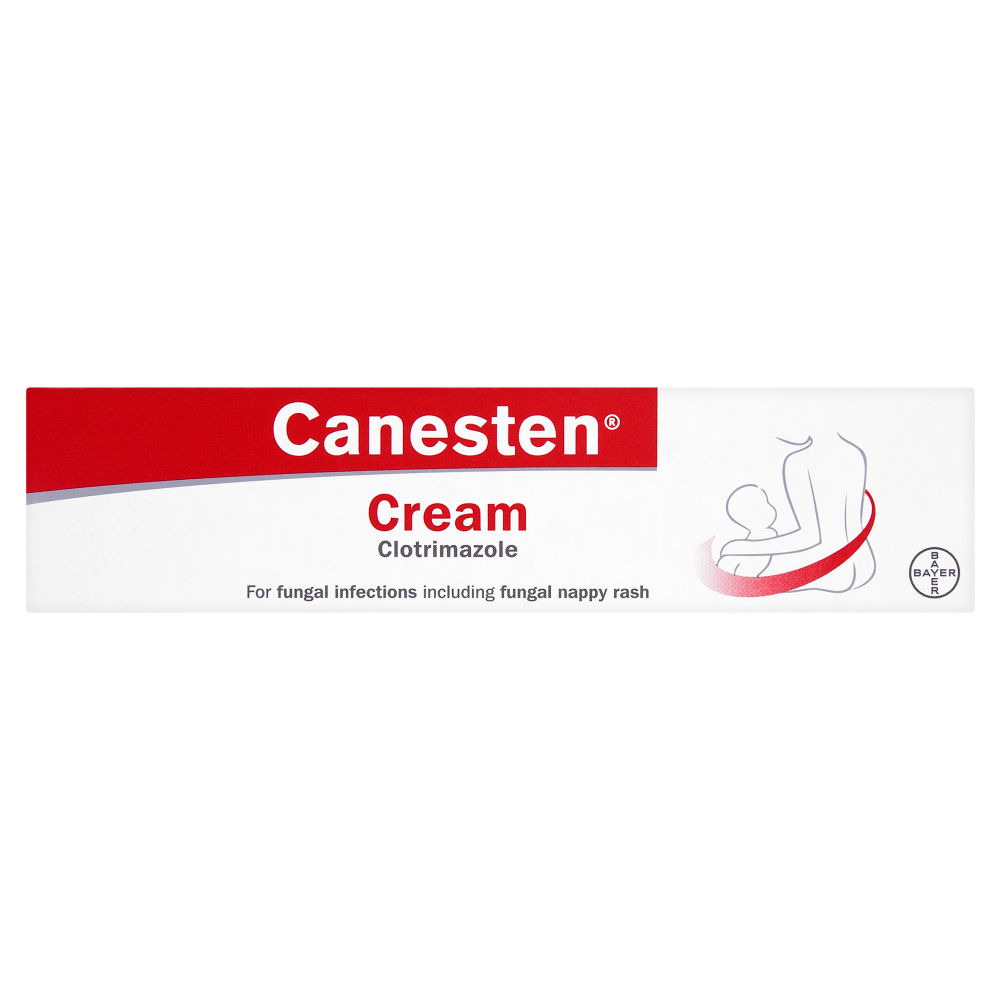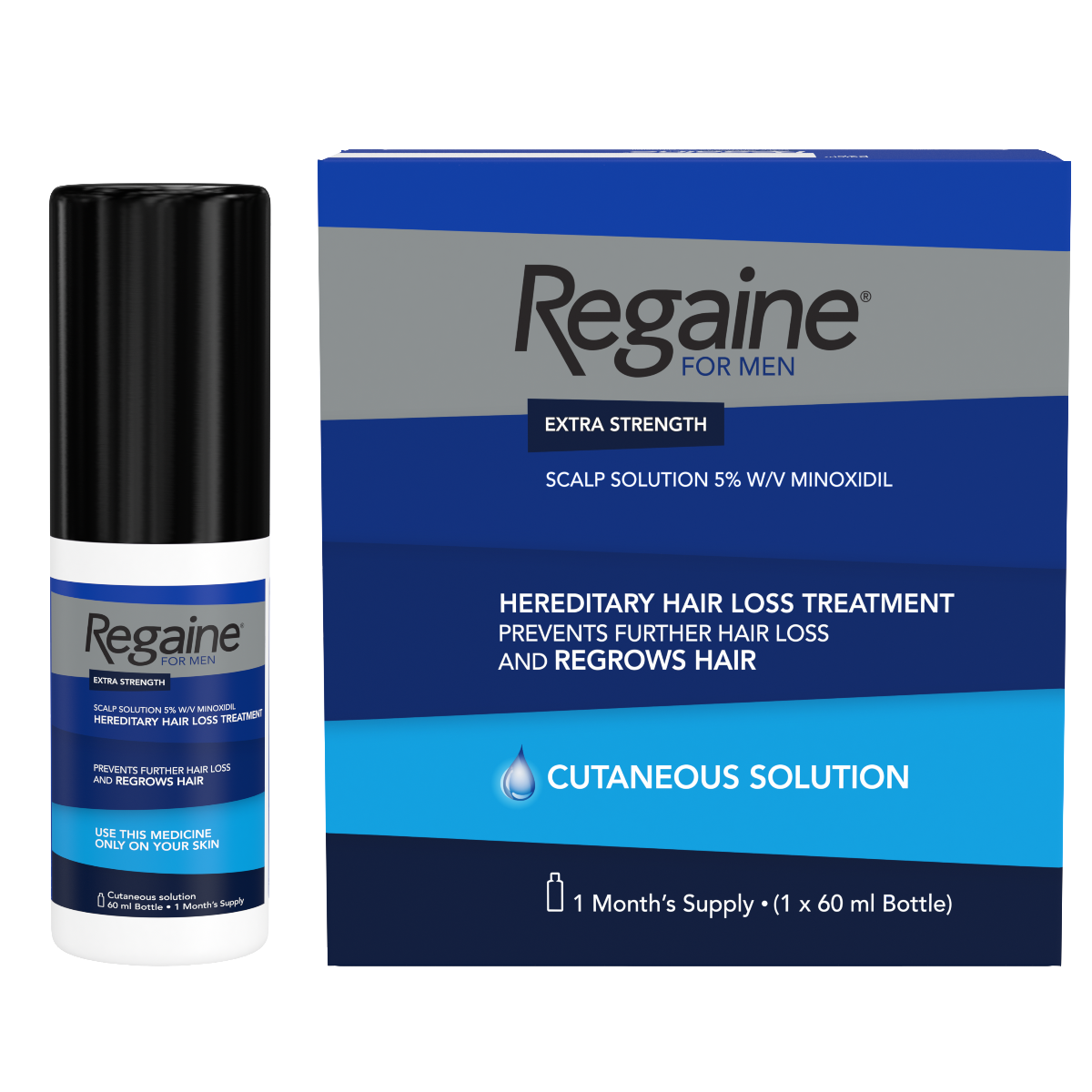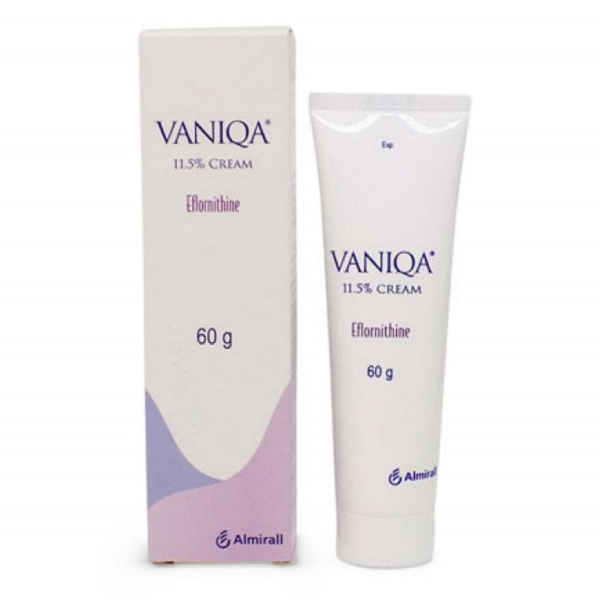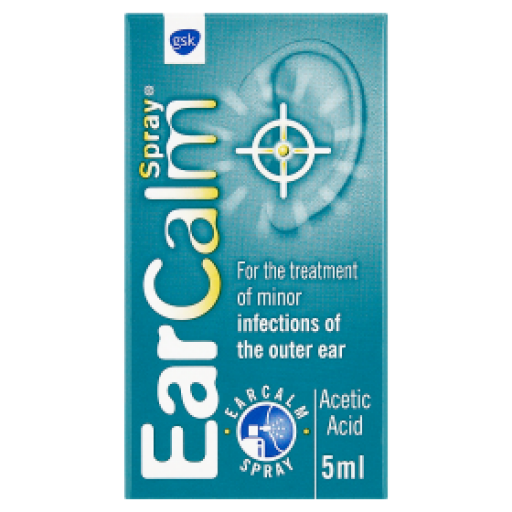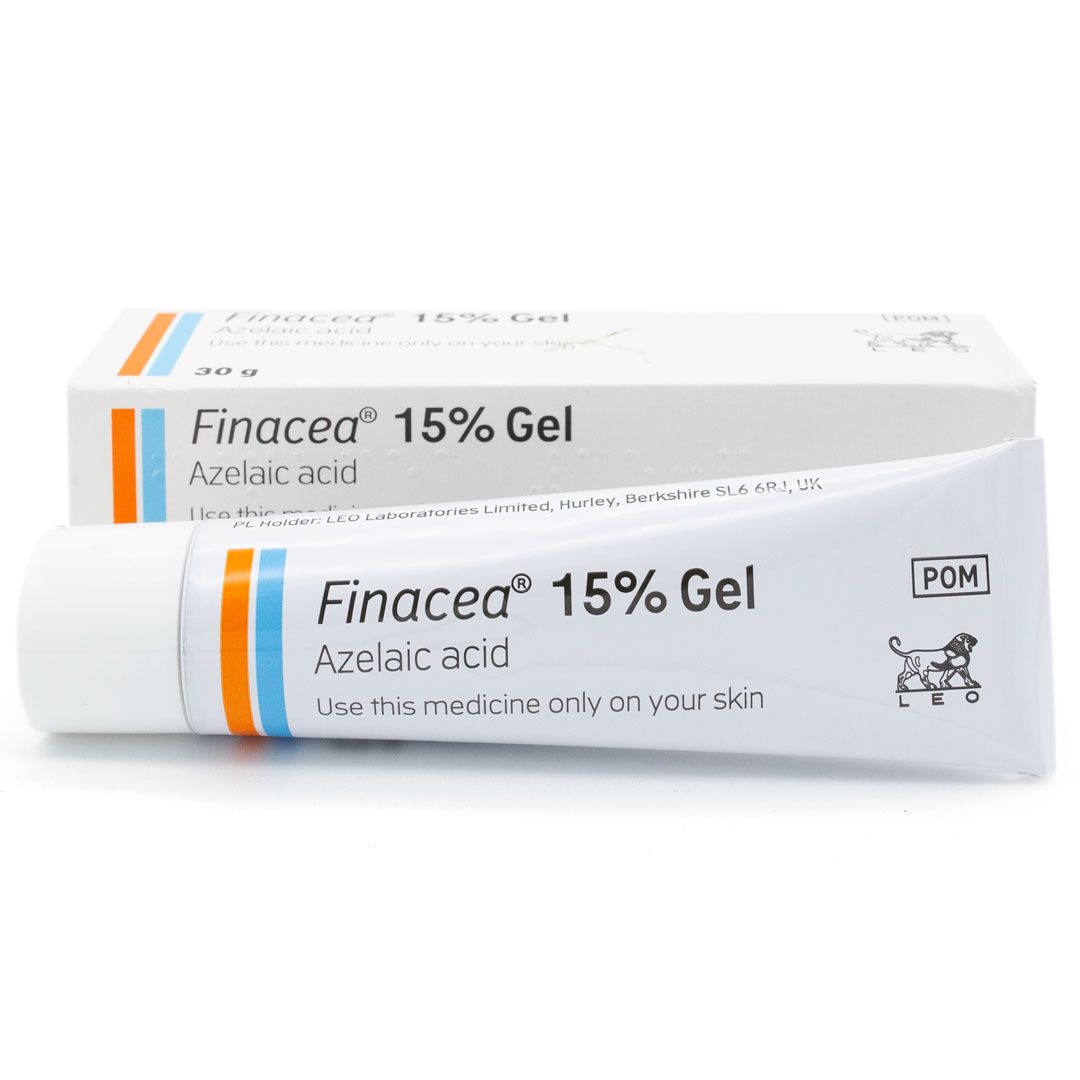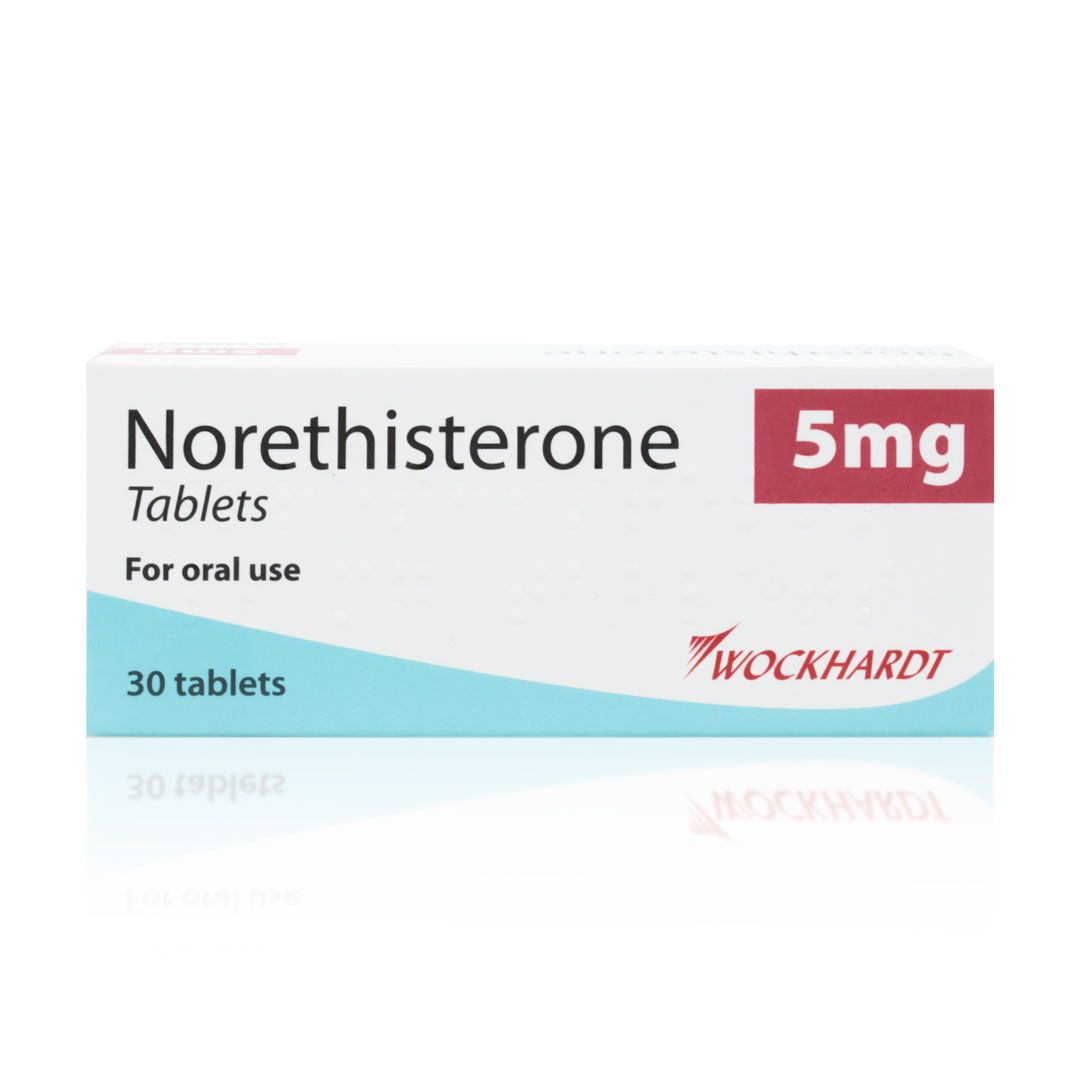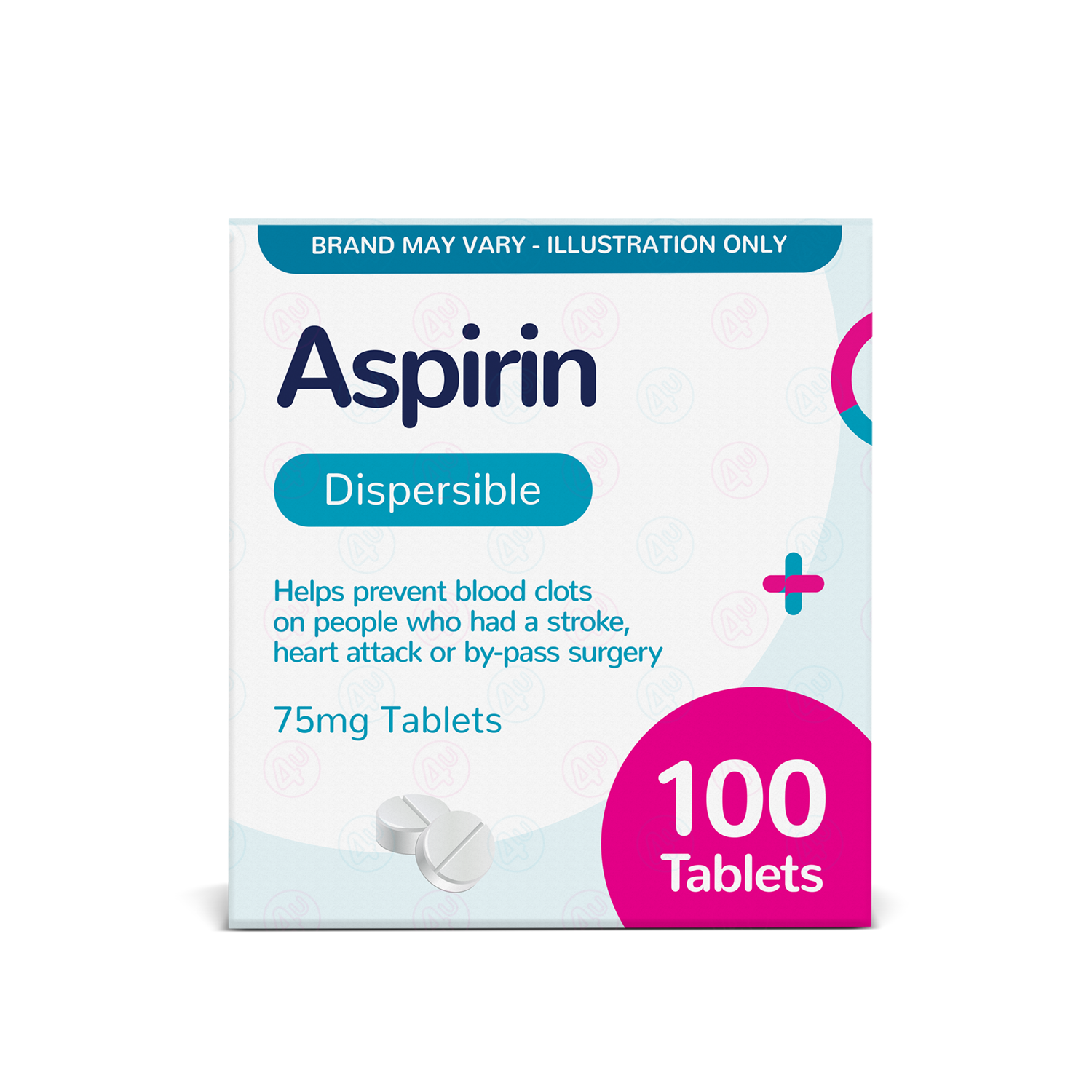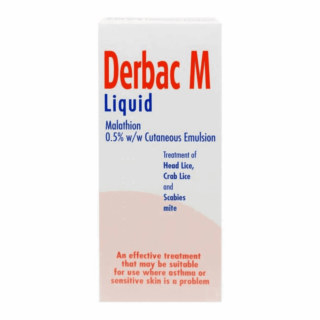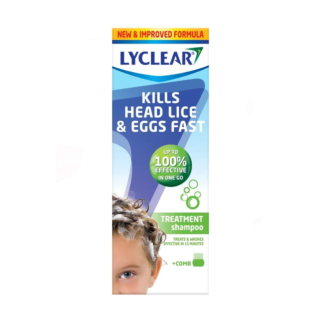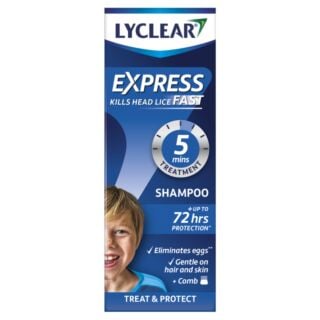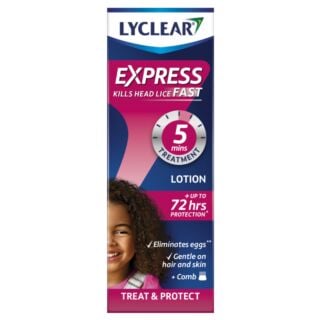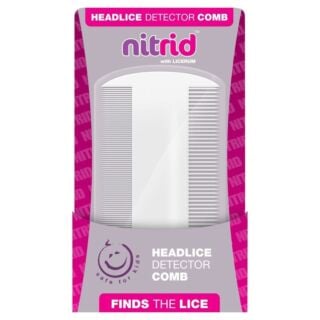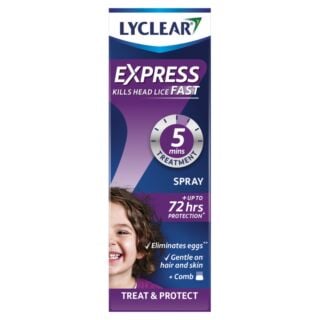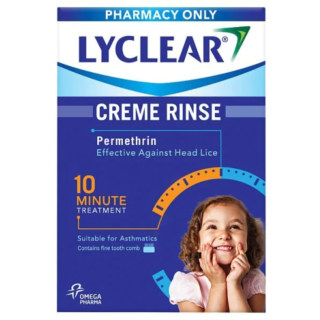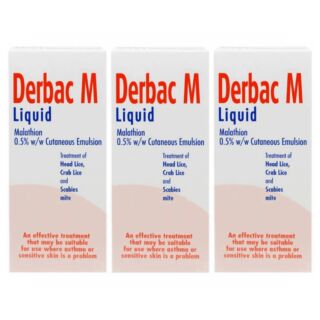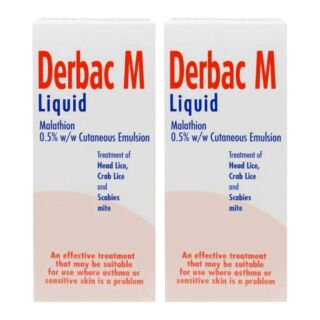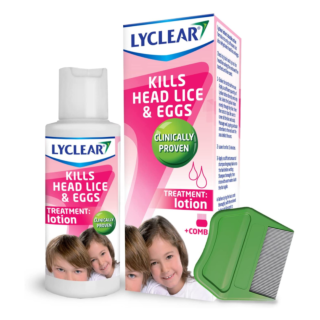Head Lice
The words no parent wants to hear… “your child has head lice”. Just thinking about it is enough to make you itch. With an unhealthy habit of infiltrating their way into and throughout schools, head lice are an incredibly common problem in children aged four to 11[1]. … Read More See less
However, there are some misconceptions about these little parasites. For example, you may be surprised to know that head lice don’t spread very easily[2]. This is because head lice can only crawl, meaning there needs to be direct head-to-head contact for head lice to move from one person to another. They may also spread through personal items such as hats, scarves, brushes and combs[3].
They also cannot survive for more than 24 hours off the human scalp, so you don’t need to worry too much if they transfer out of your child’s hair onto clothing or bedding or wash your laundry on a hot wash. Finally, contrary to popular belief, head lice are not a sign of poor personal hygiene or an unclean living environment.
So, now that we’ve got that out of the way, let’s get into some truths about head lice. And most importantly, explore the best hairlice treatments available to free your child’s hair.
What are head lice?
A head louse is a tiny (smaller than a sesame seed) insect that lives in hair[4]. Grey or tan in colour, head lice have three pairs of legs that they use to crawl around and feed on human blood from the scalp. When they bite, they leave their saliva, which causes the scalp to itch. Scratching these bites can cause them to bleed and become infected.
Female lice can lay up to 10 eggs (nits) per day, allowing them to multiply extremely quickly. Using a sticky substance, the eggs of head lice are then attached to the base of a hair shaft, around 5mm from the scalp.
Where do head lice come from?
Head lice are parasites, meaning they cannot survive if they are not able to feed on human blood. As a result, head lice simply come from other humans.
Head lice symptoms
You may suspect your child has head lice if:
- They’re scratching behind their ears or the back of their neck a lot
- They mention feeling like something is moving through or tickling their hair
- You notice small open sores on their scalp
However, the only way to be sure someone has head lice is to find live lice in their hair using a fine-toothed comb called a nit comb or lice comb[5].
What do head lice look like?
Head lice can be very difficult to see, even if you inspect your child’s hair closely. This is because they move incredibly quickly. As a result, you’re more likely to spot the nits in their hair, which are white, yellowish, tan or brown and can look like dandruff.
How can head lice be treated?
Headlice should be treated as soon as you spot them to prevent them from spreading to anyone else. If numerous people in your household have head lice, you should treat everyone on the same day.
There are two primary lice and nits treatments.
Wet combing
A nit comb or lice comb can be used to remove nits from someone’s hair. To do this, you should[6]:
- Wash their hair with shampoo (any will do)
- Apply lots of conditioner (any will do)
- Comb their hair from the roots to the ends, working in sections to make sure you don’t miss any areas
- Remove any lice or nits caught in the comb by wiping it on toilet paper or a wet cloth, or by rinsing the comb under running water
Once you’ve finished combing through their hair once, comb through a second time to make sure you’ve caught all the lice and nits. You should wet comb on days 1, 5, 9 and 13 to make sure you catch any newly hatched lice from lice eggs on their head that were missed before.
Medicated lotions and sprays
In addition to wet combing, you can also try a medicated lotion, spray or solution which is designed to kill head lice. The head lice should die within a day, but the treatment should be repeated after a week to kill any newly hatched lice.
Good head lice treatments that can be applied to the scalp include[7]:
- Dimethicone 4% lotion or lotion spray – works by creating a physical barrier around a head louse and is unlikely to cause resistance. This is the recommended first-line treatment for pregnant or breastfeeding people, young children aged six months to two years, and people with asthma or eczema. Should be applied to the hair and left for 8 hours or overnight
- Dimethicone 4% spray gel – more effective than the lotion, easier to apply and only needs to be left for 15 minutes. However, there is a lack of safety data on its use in pregnant or breastfeeding people and young children aged six months to two years
- Isopropyl myristate andcyclomethicone solution – works by dissolving the wax coating on the head louse exoskeleton, leading to dehydration and death. Is unlikely to cause resistance. Suitable for people with asthma (unless the solution contains isopropyl alcohol). However, there is a lack of safety data on its use in pregnant or breastfeeding people and children aged less than two years. Should be applied and left for 5-10 minutes
You should always check the packaging to be sure whether a head louse treatment is safe for you or your child to use.
How to prevent head lice
It is important to note that you cannot prevent head lice. Using chemical head lice repellents only encourages the development of resistant strains of lice that cannot be killed using medications.
The best nit treatment to prevent infestations and stop the spread of head lice is regular wet combing, which can help to catch and remove them early.
Sources
- https://www.nhsinform.scot/illnesses-and-conditions/skin-hair-and-nails/head-lice-and-nits/
- https://health.clevelandclinic.org/4-head-lice-facts-every-parent-needs-know
- https://www.mayoclinic.org/diseases-conditions/head-lice/symptoms-causes/syc-20356180
- https://my.clevelandclinic.org/health/diseases/10824-head-lice
- https://www.nhs.uk/conditions/head-lice-and-nits/
- https://www.bad.org.uk/pils/head-lice/
- https://pmc.ncbi.nlm.nih.gov/articles/PMC3038924/

Free delivery when you spend over £39

100% discreet delivery for every item ordered

Fully regulated UK pharmacy
Are head lice contagious?
Head lice can spread extremely quickly, especially in children’s group settings likes schools and nurseries.
They aren’t able to fly or jump from person to person, but they can crawl and cling onto hair through head-to-head contact and sharing clothing, bed linen and hairbrushes.
You can prevent the spread of your child’s head lice by making sure they avoid head-to-head contact with other children and by tying long hair back into a bun or braid.
Do head lice cause greasy hair?
No, head lice themselves do not cause greasy hair. Head lice are parasitic insects that feed on small amounts of blood from the scalp.
Greasy hair is typically caused by an overproduction of natural oils by the scalp's sebaceous glands or inadequate hair washing.
While lice infestations can make the scalp itchy and irritated, this irritation is not the same as greasiness. Greasy hair is a separate issue and should be addressed with proper hair hygiene and care.
Do head lice like clean hair?
Head lice are not selective when it comes to cleanliness. They can infect both clean and dirty hair. Lice feed on blood from the scalp, not on dirt or oils.
While there is a common misconception that lice prefer dirty or greasy hair, this is not accurate. Lice can attach themselves to hair shafts and survive in various hair types and conditions.
How do you treat head lice?
Head lice and nits are very common amongst young children and they can cause unpleasant itchiness.
To treat head lice, start by washing your hair with regular shampoo and applying lots of conditioner, then comb the whole head of hair while it’s wet with a detection comb.
If that doesn’t work after a couple of weeks, your pharmacist may recommend a medicated lotion or spray to kill the headlice within a day.
What are head lice?
Head lice are small insects that live on your hair and scalp, they’re very common and can affect anyone at all, although children usually suffer with them more than adults.
Although some people think nits can jump from head to head, this isn’t the case.
They’re not very agile, just very common and very quick at breeding, which means that one head louse can turn into an infestation before you know it.
How quickly can you get head lice again after treatment?
After successfully treating head lice, it’s possible to get re-infected if you come into contact with someone who still has an active lice infestation.
The time it takes to get re-infected can vary depending on your exposure to lice and their eggs, but it can happen relatively quickly if you have close contact with an infested individual or share personal items like combs, brushes or hats.
What are the symptoms of head lice?
If you or your child have head lice, one of the first symptoms you’ll notice is itching.
Head lice need human blood to survive, so they bite down on your scalp several times a day.
These bites won’t hurt but they will make you feel itchy and uncomfortable.
You might also be able to feel the lice moving around on your scalp, and in some extreme cases, you might even be able to see them moving!
If you’re feeling the itch, try combing your hair with a nit comb and see what comes out, if you spot a louse or some nits then you’ll know you’ve got an infestation on your hands.

